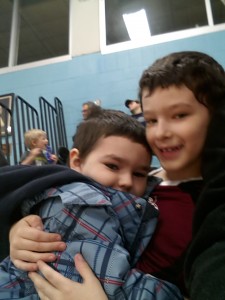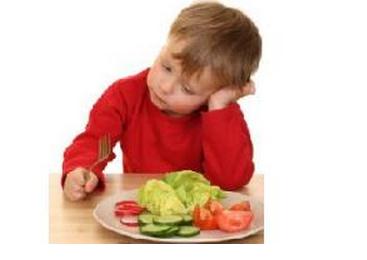This awesome illustration crossed my Facebook timeline today and I just knew that I had to use it. I’ve been struggling with a post all morning about this very thing and sometimes finding the words to make a point can be much more difficult than you’d think.
Anyway, the illustration, please read:
A psychologist walked around a room while teaching stress management to an audience. As she raised a glass of water, everyone expected they’d be asked the “half empty or half full” question. Instead, with a smile on her face, she inquired: “How heavy is this glass of water?”
Answers called out ranged from 8 oz. to 20 oz.
She replied, “The absolute weight doesn’t matter. It depends on how long I hold it. If I hold it for a minute, it’s not a problem. If I hold it for an hour, I’ll have an ache in my arm. If I hold it for a day, my arm will feel numb and paralyzed. In each case, the weight of the glass doesn’t change, but the longer I hold it, the heavier it becomes.” She continued, “The stresses and worries in life are like that glass of water. Think about them for a while and nothing happens. Think about them a bit longer and they begin to hurt. And if you think about them all day long, you will feel paralyzed – incapable of doing anything.”
It’s important to remember to let go of your stresses. As early in the evening as you can, put all your burdens down. Don’t carry them through the evening and into the night.
Remember to put the glass down!
I have been reading posts recently on blogs and on Facebook where people are tired. For what ever reason, they’re tired and don’t have much energy to go forward.
For some, it’s that they are tired of the constant IEP battles. For some, it’s that their child is sick that week-end. For some, it’s the years of almost seemingly lack of development from their “severe end of the spectrum” child and the constant care they require. For some, it’s the haters or arguers that seem to find their blogs or Facebook pages.
At first, these people managed quite fine. Ignored the haters, found more resources, got better advice… they kept pushing forward.
But over time, they’ve stopped blogging. They’ve stopped trying the new treatments. They’ve stopped asking for help.
And it’s because they’re tired. Rightfully so.
When I write, as do many, we ask for these people (and all people) to think of their glass as half full. To look at the positives. To ignore the negatives. As I write, I try my utmost to find the positives everywhere, even if what I’m writing about has a darker, more serious and even negative tone to it.
But the truth is, whether your glass is half full or half empty, that glass begins to become very heavy over time.
You need respite. Not necessarily the kind you just imagined when you read that word but you do need rest. You need to put the glass down. Even if you put it down for 5 minutes every hour, you’ll find that you will have the strength to hold it for the next hour much more easily.
Whether that means taking a break from blogging, Facebook, having a night out without the kids once in a while… what ever it is that gives you the opportunity to put the glass down. Ideally, you should be getting a good night sleep (how ever many hours that can be for you) and waking up with all the stresses of the previous day behind you.
What I’m saying is, positive or negative, good or bad… stop thinking about how it may affect you over time and recognize that it does. It really does.
And it’s not giving up to take a break. It’s not admitting that you can’t do it, to take a break.
If you do… when you do… you’ll find new energy, a new perspective and extra strength to pick the glass back up and carry on, should you choose to. For example, blogging or Facebook. Some people feel so much stress lifted that they never do return to it and that’s ok too.
Remember, it’s not the weight of the stress but for how long you carry it.
Don’t give up. Just remember to put the glass down.













